NUTRITIONAL FACTS
1578
Calories
75g
Fat
324g
Carbs
62g
Protein
Suspendisse at semper odio. Nam fringilla scelerisque tincidunt. Orci varius natoque penatibus et magnis dis parturient montes, nascetur ridiculus mus. Donec tincidunt posuere ornare. Phasellus placerat odio non feugiat sollicitudin. Integer vitae elementum ex. Sed porttitor, diam eget convallis volutpat, arcu tellus facilisis nulla, id dignissim orci leo id diam. Vivamus tincidunt eros sed ligula ultricies tincidunt sit amet at mi. Donec pulvinar pharetra nisi, finibus euismod justo molestie vel. Nullam sit amet enim quis orci sollicitudin tincidunt non eu lorem.
Full Recipe in Details
Lorem ipsum dolor sit amet, consectetur adipiscing elit. Fusce tristique dapibus metus, et bibendum nunc egestas et. Suspendisse interdum in nunc in dapibus. Duis faucibus sem in suscipit volutpat. Etiam a magna et felis malesuada euismod.
STARTING GUIDE
INGREDIENTS
GUIDE / INSTRUCTIONS
NOTES
Nam dictum commodo ex, et euismod nibh tempor ac. Aliquam fringilla vel odio vitae vestibulum. Nullam a feugiat est. Vivamus aliquet mattis ligula, quis molestie urna consequat vitae.
Share this recipe
Subscribe & Receive A Free eBook
Prepared and updated periodically by John L. Foy
We do not spam. You can unsubscribe anytime
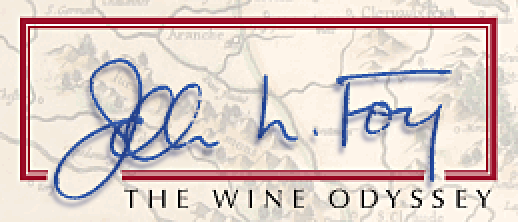
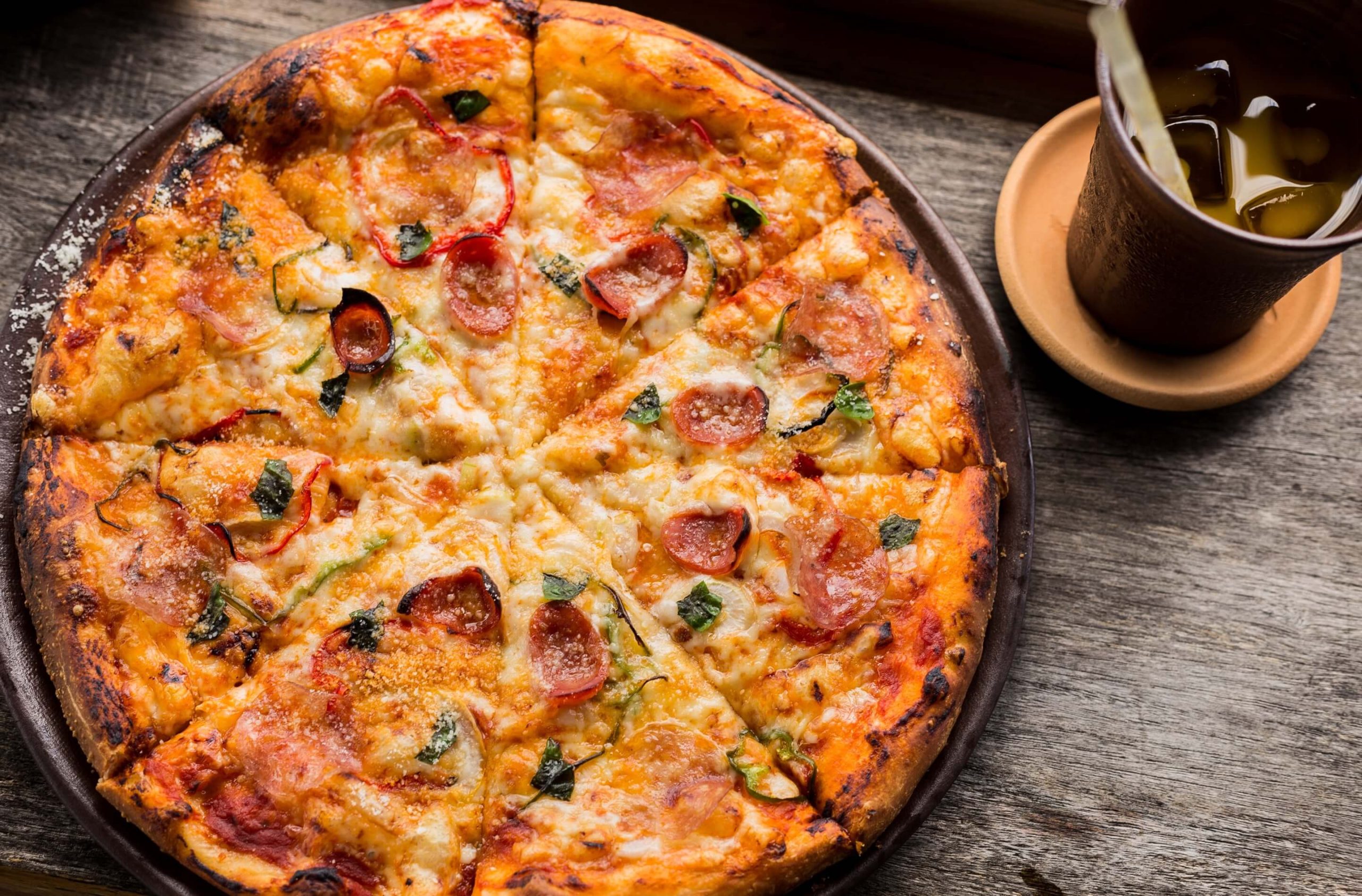
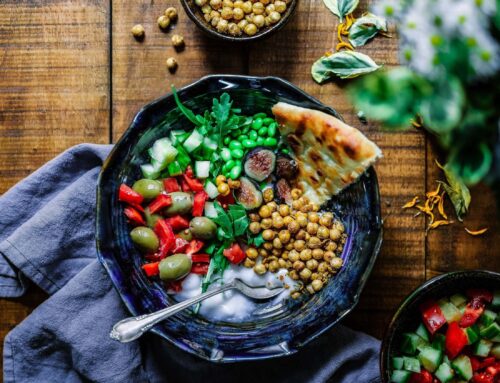
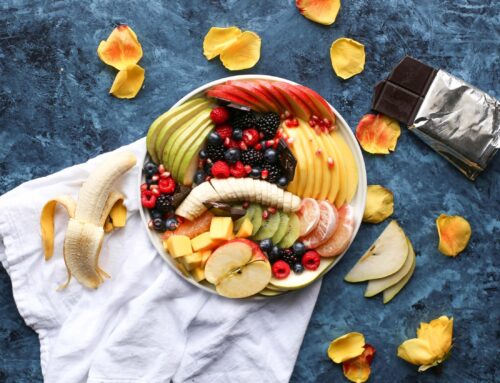
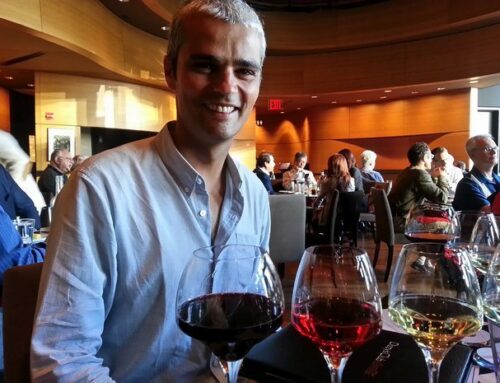
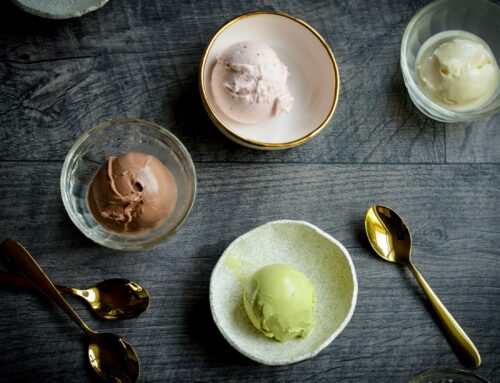
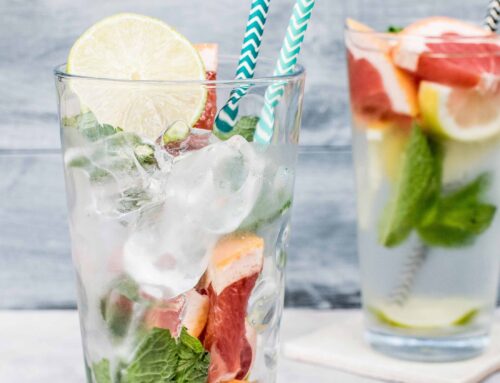
Leave A Comment